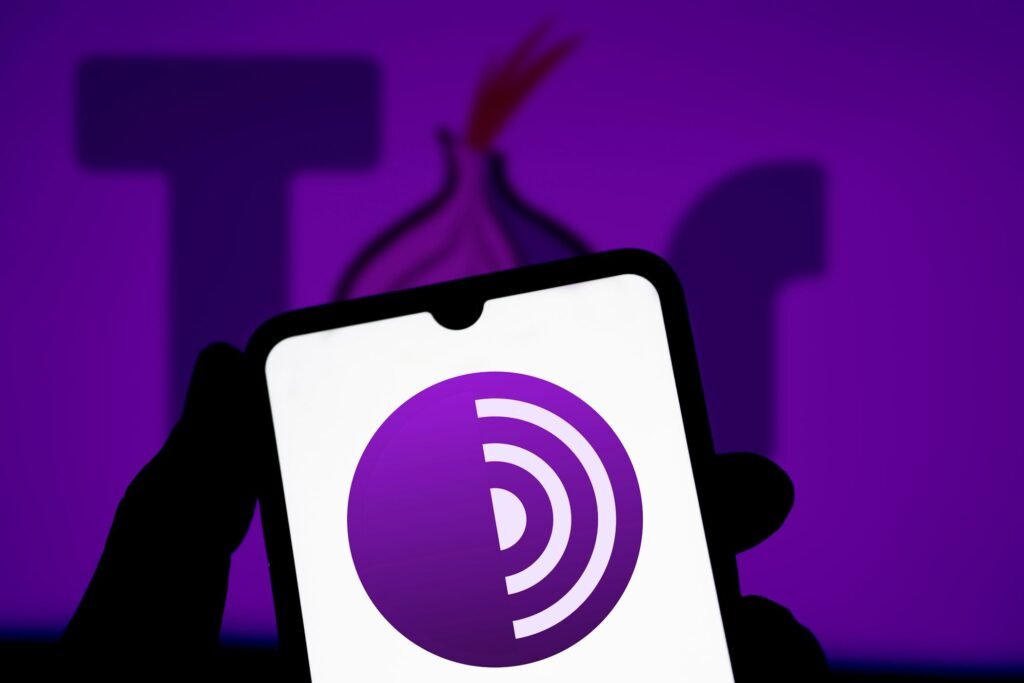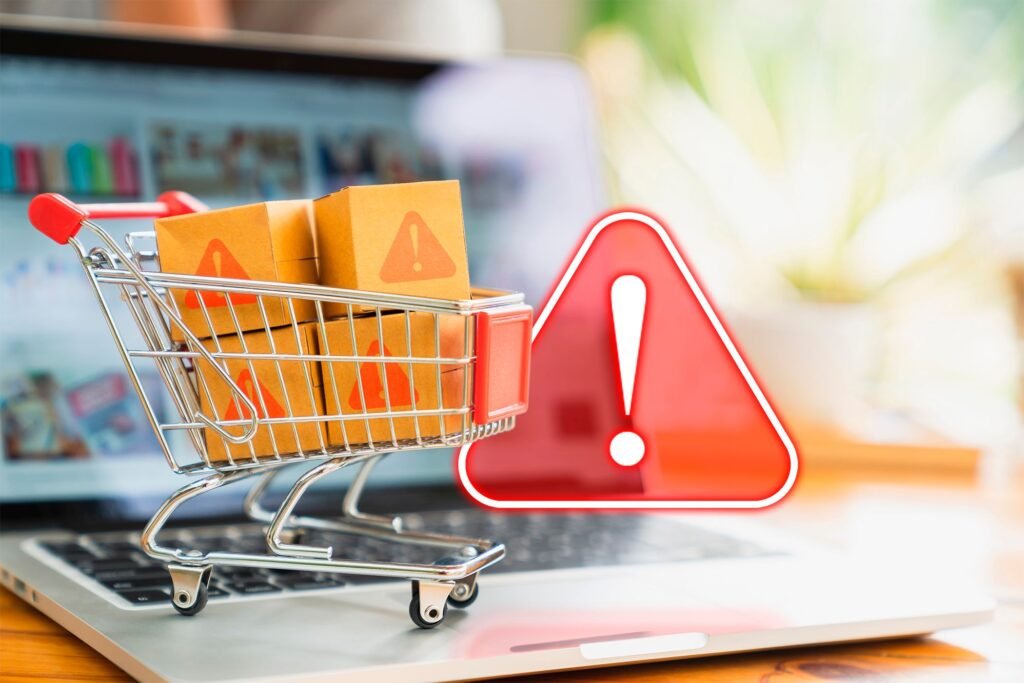WhatsApp is one of the world’s most popular forms of communication, but it’s not the same as any other instant messaging app. Before signing up, you need to be aware of multiple things, including data collection and more.
1
You Can Get Banned From WhatsApp
If you plan to send whatever you want via WhatsApp, I strongly urge you to think again. Although rare, you can get banned from WhatsApp.
WhatsApp’s Help Center states it can ban accounts when it believes “the account activity violates our Terms of Service.” Numerous things can get you banned on WhatsApp; some, such as sending spam, trying to scam people, and distributing malware, are obvious.
However, your WhatsApp account could be banned for reasons you might not have thought of. Examples include automation (e.g., bulk and auto-messaging), and using an unofficial version of WhatsApp. Make sure you know exactly what to avoid before signing up for an account.
One of the biggest mistakes you should avoid on WhatsApp is thinking you can share anything and everything. Meta can share your information with law enforcement authorities if necessary; this also applies to the EU and UK, where data regulations are tighter than in many parts of the US. However, Meta does review whether it thinks sharing information is justified.
WhatsApp also shares your phone number, IP address, and information about your mobile device with Meta’s other companies (including Facebook). WhatsApp can also collect information related to your search and purchase history when you interact with other businesses.
While WhatsApp can’t read your specific messages and deletes them from its servers after they’re delivered, Meta does collect your messaging activity metadata. As a result, the company knows how often you send messages and the times that you normally do. This information is then shared with the likes of Facebook and Instagram.
WhatsApp does talk about how it can’t see your messages in its Privacy Policy, but it’s more vague when it comes to metadata. Meta’s record with privacy is one of the reasons why some people have quit using WhatsApp, so you need to decide for yourself whether you’re happy with messaging metadata being collected.
4
Your WhatsApp Account Can be Hacked
Though generally safe to use, WhatsApp messages can be hacked in several ways. These include socially engineered attacks and fake versions of the software.
Safeguarding yourself is an absolute must to avoid becoming a victim of such issues. Knowing how to make your WhatsApp account more secure and private is one element, but you also need to practice due diligence.
Never click on suspicious links, and avoid using third-party apps unless you’re absolutely sure that they’re safe. Knowing what to do if your WhatsApp account does get hacked is also vital to limit the amount of damage caused.
5
You Need to Protect Yourself Against Scams
Scams are unfortunately prevalent on WhatsApp, and I’ve had people try to catch me out with this multiple times. There are several WhatsApp scams to be aware of, such as job scams. Normally, someone will send you a message and try to extort money out of you; in this sense, it’s similar to phishing and smishing.


Besides not responding to messages from people you don’t know, you can also control who adds you to groups. Be sure not to forward potential scams; this is one of many mistakes you should avoid on WhatsApp.
6
Be Careful When Using Third-Party Apps With WhatsApp
You can download several Android apps for WhatsApp to improve your messaging experience, but it’s important to remember that they aren’t all created equally. Granting a third-party app access to your account can leave you vulnerable to hacking and other security threats.
Always verify that third-party tools you use with WhatsApp are legitimate. Make sure that you aren’t violating any policies, either, such as automating.
Understanding the risks associated with using WhatsApp is just as important as knowing its benefits. You need to ensure that you’re okay with how Meta collects and shares your data, and knowing how to protect yourself from scams and hacking is also essential.





